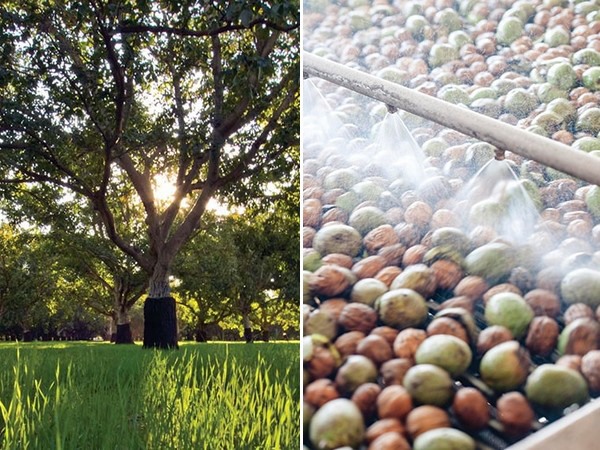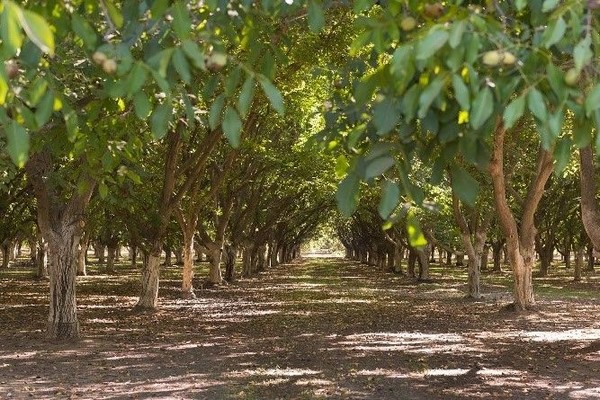The news that India will remove retaliatory tariffs for US walnuts has been well received in California, the second largest producer of walnuts in the world. With two-thirds of California production exported, the retaliatory tariff had a significant impact on California walnut growers, many of whom are multi-generation family farms. “Our growers planted walnut orchards over the last 15 years in anticipation that they would have access to key markets, like India. When the retaliatory tariffs were implemented, it caused a ripple effect that limited our exports and increased the price of our walnuts for consumers in India,” says Pam Graviet with the California Walnut Commission. “By repealing this punitive tariff, all imported walnut in India will be on a level playing field, our growers, trading partners and consumers will benefit from this change in trade policy.”
India relies on imports
“India produces walnuts, but local production is not enough to meet the growing demand,” commented Graviet. As an example, India imported 45,000 (metric) tonnes of walnuts last year, which is about 50 percent of their total consumption. “When the retaliatory tariff was installed five years ago, India began relying more heavily on imports from other walnut producing countries such as Chile, the world’s third largest walnut grower.”
Going forward, Graviet expects India to continue importing from other countries, but India will also increasingly buy from California again. “Growing conditions this season have been spectacular, so we expect to deliver the high-quality walnuts Indian consumers have come to expect from California,” commented Graviet. With California being in the northern hemisphere, harvest starts at the end of August and continues through early November. Chile on the other hand has just finished harvest and is now shipping their new crop. “As a result of the tariff removal, we anticipate shipments to go back to more normal volumes as soon as the new California harvest is in.”

Room for consumption to grow
India is a strategically important market for the US. “With a large vegetarian population, walnuts are an ideal ingredient for a plant-based diet,” said Graviet. “California walnuts are known for their texture, consistent eating quality and are nutritionally dense. They are the only tree nut high in plant-based omega-3 and they have protein and fiber as well as a high percentage of polyunsaturated fat, a good dietary fat.” Secondly, India is witnessing a change in demographics. “More and more people can buy walnuts and the relatively young population is eager to try different cuisines. Walnuts lend themselves well for local Indian as well as international cuisines.” With consumption per capita being a mere 0.04 kg. per year, there is tremendous room for growth.

In the past decade, many countries around the world have witnessed a growth in walnut demand and consumption. “It’s driven by changing consumer lifestyles,” said Graviet. “In their search for healthy plant-based food options that contain, high nutritional value, but are minimally processed, walnuts are a great fit.” In response to the increase in demand, global walnut production has increased 61 percent since 2015. California’s production volume went up 46 percent since 2015 reaching 678,450 tonnes this past season and Chile saw a production increase as well. The tariff removal is expected to benefit consumers, Indian businesses as well as the California walnut industry.
 For more information:
For more information:
Pam Graviet
California Walnut Commission
Tel: (+1) 916-932-7070
pgraviet@walnuts.org
www.walnuts.org
